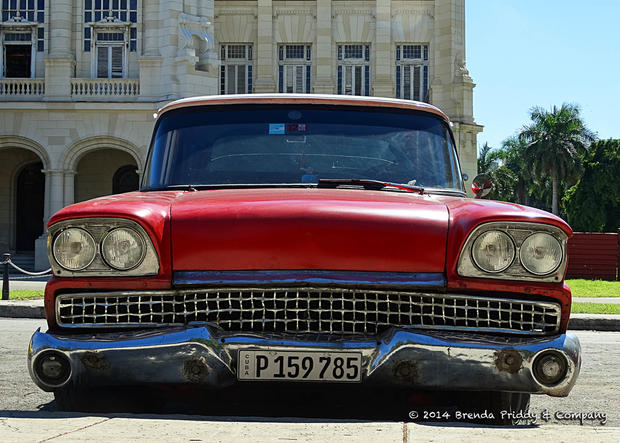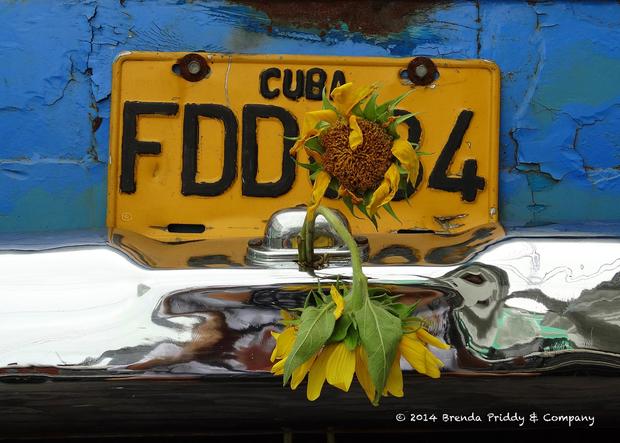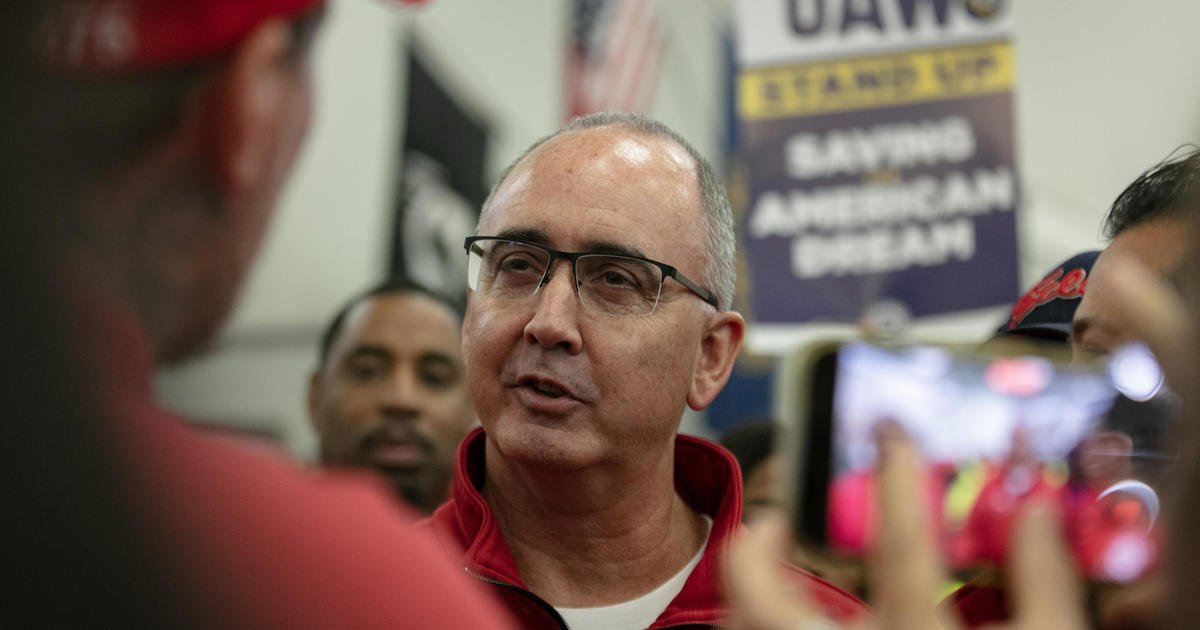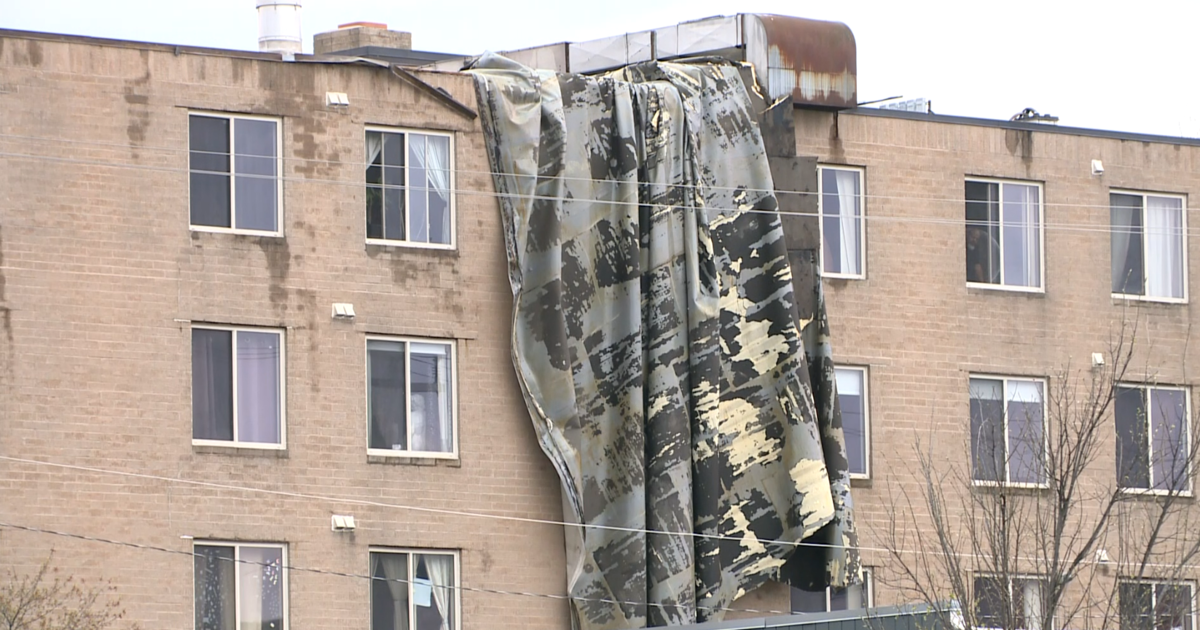60K Classic American Cars In Cuba — But It's Hardly A Dream Cruise
DETROIT (WWJ) - The potential normalization of relations between the U.S. and Cuba has attracted the interest of auto enthusiasts — because of the large number of vintage American vehicles on the road.
"Cuba is one of those markets that stood still in time," said AutoTrader.com analyst Michelle Krebs, as the 1959 Cuban revolution essentially put an end to imports of American cars, and meant many of the cars that were on the road at the time of the revolution are still on the road today.
But, while 60,000 vintage American vehicles sound like a daily Woodward Dream Cruise, the reality is that it's a daily chore to keep those old cars operational.
"People in Cuba make very little money," said veteran auto journalist Brenda Priddy, who's been to Cuba twice. "So they do what they can to keep their vehicles running."
That often means scrounging for replacement parts, improving their own replacement parts, or — more often — going without replacement parts.
"Most of the older cars will have one windshield wiper, because that's all they can find. That's all they can afford. Many people don't drive their cars at night, because they don't have headlamps, they don't have the bulbs."
The American cars from the 50s are mixed in, Priddy said, with lower-end Asian imports, and Soviet era vehicles that also take a lot of work to keep going.
There are some classics that have been completely restored, at great expense, but those are the exception, not the rule.
Most of the older American vehicles, Priddy said, have been adapted to meet Cuban needs.
"The American cars on the road will have diesel engines, 15 coats of house paint on them. They have been extended to accommodate more people, because it seems like every car in Cuba is a taxi cab."
The self-styled taxis are often driven by people who are professionals — including doctors — who would make higher wages in other countries, but instead shuttle tourists during off-hours to make extra money.
Cuban pay, Priddy said, averages about $20 a month.
Krebs says that means Cuba is not likely to become a market for new American cars -- at least not right now.
"Their economy has to improve a lot more, and individual wealth for consumers has to increase before there's any automotive market there," she said.
But the normalization of relations could make it easier for Cubans to get replacement parts from the U.S.
Priddy said the current embargo requires those parts to be delivered personally by family members, or — often — by couriers posing as family members.
"When you're at the airport, you'll see people going to Cuba to visit their family, and their luggage may consist of four or five tires."
Priddy doesn't see the improvement of relations with the U.S. changing the automotive landscape in Cuba anytime soon. Rules that have kept Cubans from purchasing western made vehicles have already been relaxed quite a bit in recent years, and the impact has been minimal.
"Although anybody in Cuba can go and buy a new car at this time, the majority can't afford it."
Connect with Jeff Gilbert
Email: jdgilbert@cbs.com
Twitter: @jefferygilbert
Facebook: facebook.com/carchronicles
www.cbsdetroit.com/carchronicles





